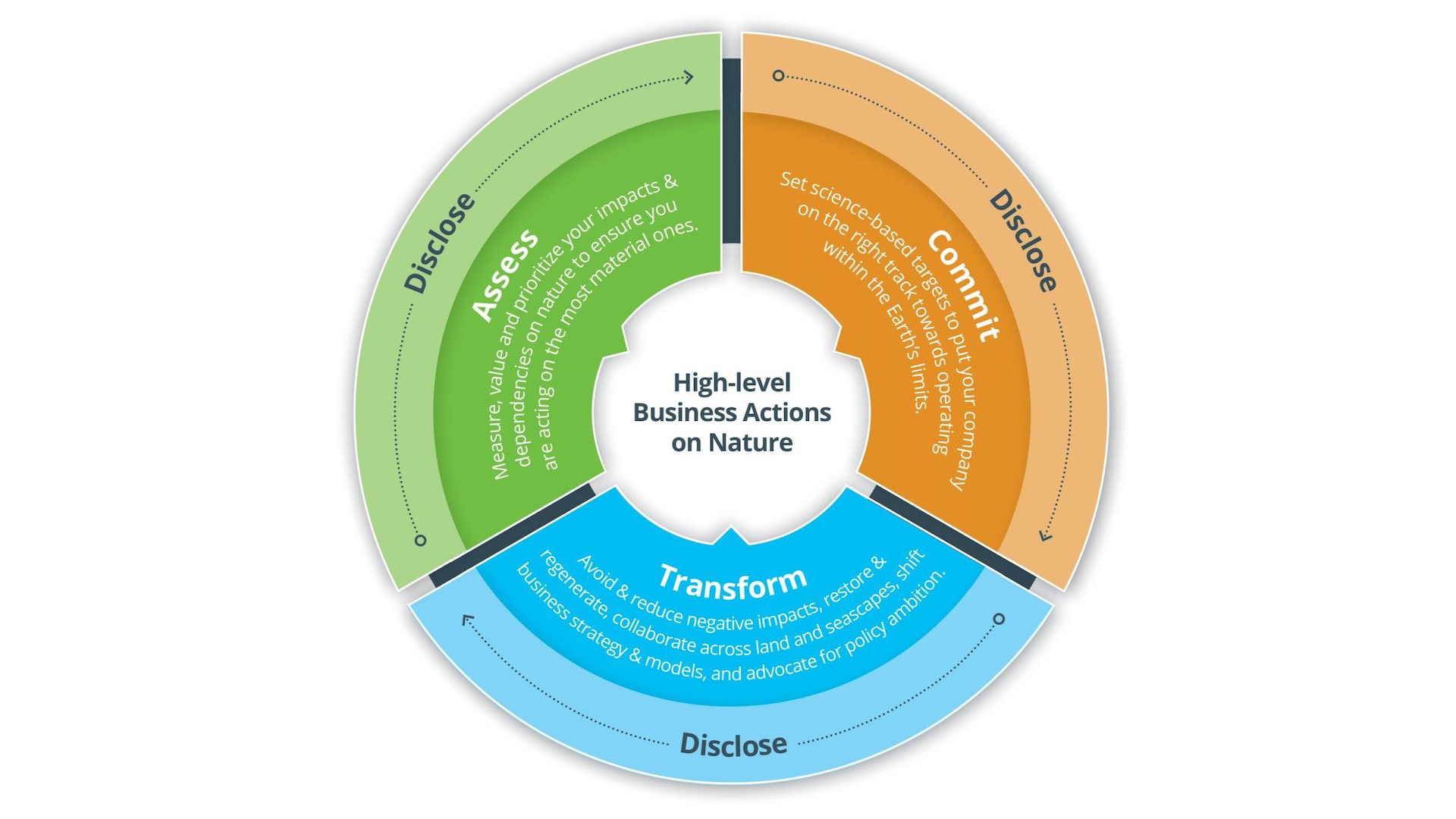Precautions to Take for Secure Browsing and Purchasing Online
In an attempt to attract and hook customers into their products and services, a lot of companies resort to various types of bait offers. One of the most common examples of such offers is an AWS Free Tier subscription. In this engagement, customers are being offered the services for free and are promised the option of cancellation at any point in time, depending on the customer’s preference.
This scheme will charge you a lot of hidden fees and additional payments. Ultimately, this will lead customers into paying huge amounts for a seemingly and supposedly free service tier. This poses an inherent problem for customers, especially for those individuals who are not as cautious as regards their shopping and buying habits.
This article is intended to serve as a guide to show you the things that you have to be aware of when shopping for products or services online.
Unbelievably Low Prices
The first and perhaps the most obvious red flag to look for is very low pricing. To keep this in mind, remember the phrase: “if it’s too good to be true, it probably is.” This means that if you find the product or service offering to be unreasonably low-priced, expect that there will be some sort of drawback or disadvantage attached to such a product or service.
In most cases, products and services that are very cheaply priced are of low quality. In some other scenarios, these companies will only offer you a scam. In other words, even if you effectively pay a much lower price, you will either: 1) get charged with more fees along the way or 2) not receive the product or service at all. At the end of the day, when looking for better deals, also consider the nature of your intended purchase and make sure to expect reasonable prices.
Clickable Ads
Some websites will also be riddled with clickable ads. Typically, these ads will be very similar or relevant to the content of the website. This poses a huge threat to customers, especially on product or service pages. Clickable ads will usually lead customers to fake checkout pages. Here, customers will input their personal details and some other payment information, thinking that the checkout is related to the product or service that they originally intended to buy. Of course, this is once again an example of a scam. Customers will be paying with their hard-earned money and will receive nothing in exchange. This could be very damaging, especially to your finances, because hackers and third-parties will now have your payment and banking details. As such, be very cautious during checkouts. If you aren’t sure about a company and the product that they are selling, try to find another alternative.
Suspicious Terms and Conditions
Some companies will also make use of their terms and conditions to take advantage of customers. By subjecting their products and services to very complex terms and conditions, they could make customers pay more, require customers to a lock-in period, require a withdrawal fee, or include some other penalties. Usually, victims will no longer be able to recover their payments because companies can easily put up the defense that you have agreed to their terms and conditions.
To protect yourself against these schemes, be sure to thoroughly read the terms and conditions attached to the product or service that you intend to buy. Although this will take a considerable amount of your time, it will ensure that you will not be facing any issues down the line.
Data Privacy Breach
The final and most often overlooked component when browsing and shopping online is data privacy. Even the most basic function of browsing a particular product or service website will already enable companies and third-parties to gain access to your personal and private information. This will typically be in the form of customer preferences. As a result, you may notice that more relevant ads will pop up in your user feeds on social media pages or some other applications. This is because they already have a clue of what you prefer to buy, and they can easily bait you into buying from them in the future.
Conclusion
In an attempt to attract and hook customers into their products and services, a lot of companies resort to various types of bait offers. One of the most common bait offers is the “free trial.” The free trial offer is when a company allows you to use their product or service for a certain period of time without charge. After the free trial period is over, the customer is then automatically charged for the full price of the product or service. Oftentimes, these companies make it difficult to cancel the subscription before the free trial period is over, which can result in the customer being charged for something they no longer want or need. Another type of bait offer is the “money-back guarantee.” This is when a company promises to refund your money if you’re not satisfied with their product or service.











